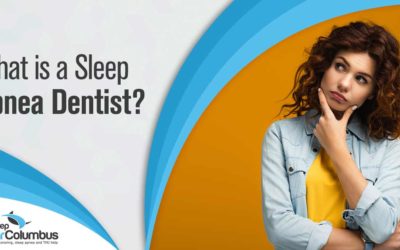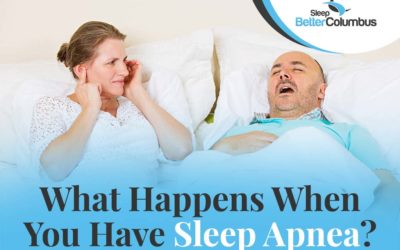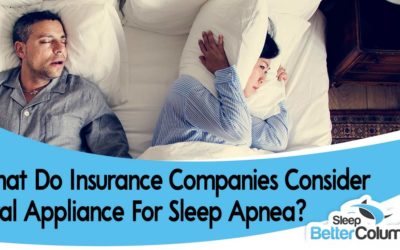Although there are many sleep disorders that can cause snoring to occur, the most common is sleep apnea. Sleep disorder is sleep apnea, which affects the throat. Sleep apnea is a condition in which the muscles at the back of your throat are unable to keep the airway open. It doesn’t result in a good night of sleep. A person may stop breathing for as long as 10 seconds, while their throat is closing. It can lead to high blood pressure, which in turn leads to poor sleep. It could be a problem if you are prone to snoring and wake up tired every morning.
It’s important to get checked if you think you may have sleep apnea. It is important to get your sleep apnea diagnosed as soon as possible so that you can begin working on eliminating it. It’s not a time for panic if you have been diagnosed. According to the National Sleep Foundation, more than 18,000,000 Americans suffer from sleep apnea. This doesn’t include all other countries. This is a very common condition. The good news is that it can be treated. You can cure it.
How can I treat sleep apnea?
There are many reasons that sleep apnea may occur in different people. Although no one can be exempt from suffering from sleep apnea (which is possible), certain people are more likely to experience it. Some risk factors that can lead to sleep apnea include, but are not limited:
- Upper airways for small amounts
- Obesity
- Diabetes
- The family history
- Small jaw
- An elongated chin
- Smoking
- Excessive alcohol use
- Age 40 and above
- Race
- What are the symptoms of sleep apnea?
We’ve already discussed that snoring can be a sign of sleep apnea. Did you know there were other signs to watch out for? These symptoms are:
- Exhaustion/Fatigue
- High blood pressure
- Concentration is difficult
- Irritability
- You can fall asleep at any time (e.g., at work)
- Sexual dysfunction
- Learning difficulties
What is the treatment for sleep apnea?
After you have been properly diagnosed, make sure to see a professional. Don’t try to diagnose yourself! It is now time to act. It is not possible to get rid of sleep apnea by itself. If you desire more energy and better sleeping, it is important to make dietary changes as well as seek medical intervention. It can seem overwhelming to be presented with all of the options. It can be overwhelming to decide what your next steps should be. Every doctor will offer their opinion. Let’s first look at all the choices that are available to us.
Lifestyle modifications
Your lifestyle is the most important change that you’ll be required to make. Many people suffer from sleep apnea because of poor diets and insufficient exercise. Losing weight is more challenging after a certain age. You have many options when you want to lose weight. You will need to get started on your mobility and diet.
Some people may experience significant changes when they go on sleep apnea treatments. Some foods should be avoided, and others must be eaten more often. It is important to eat a diet rich in whole grains, fruits, vegetables, and whole grains. Avoiding heavy and greasy food is also advisable. If you are looking to lose weight or feel healthier, alcohol must be eliminated completely from your diet. Saturated fats are often linked to obesity so it’s important to eliminate red meat, fast food, and other unhealthy foods. It is also a good idea to quit smoking.
Also, you’ll be required to exercise for at least 30 minutes each day. You can do anything, from walking each day to high-intensity cardio. Start small, particularly if your previous exercise habits have been very sedentary. You can’t stop yourself from starting a routine of exercise by going all-in immediately only to fail and then giving up. You can start slowly and increase your heart rate at your own speed until you feel comfortable.
You can take other steps if diet and exercise have not worked for you.
CPAP Therapy
CPAP machines have become very popular among sleep apnea sufferers. This is essentially a mask you use at night. The mask covers your mouth and nose and pushes oxygen through the tube. This ensures that you have a constant oxygen supply throughout the night. They work well for certain people. They can be a challenge for others. They can be very difficult on partners. These people can be quite noisy. These devices can also be uncomfortable and limit the position of your sleep. A CPAP can cause sensitive skin problems for people who have it. It may be too aggressive in the mouth and nose area.
Oral appliances
Because they are less invasive, oral appliances can often be preferred to CPAP. The positioning of your jaw, while you sleep, can be improved by dental devices. This allows for more airflow through your throat. This is a great option for those who can’t tolerate CPAP or don’t wish to use it. They are less intrusive and easier to use. Sleep Better Columbus (614) 777-7350 can help reduce the severity of sleep apnea, improve your quality of life and even eliminate it altogether.
There are many options available for sleep apnea treatments. There’s no need to do anything that you don’t like. It can be scary to have sleep apnea. You’ll do fine if you take proper care.
For a friendly consultation, call Sleep Better Columbus at 614-777-7350.




